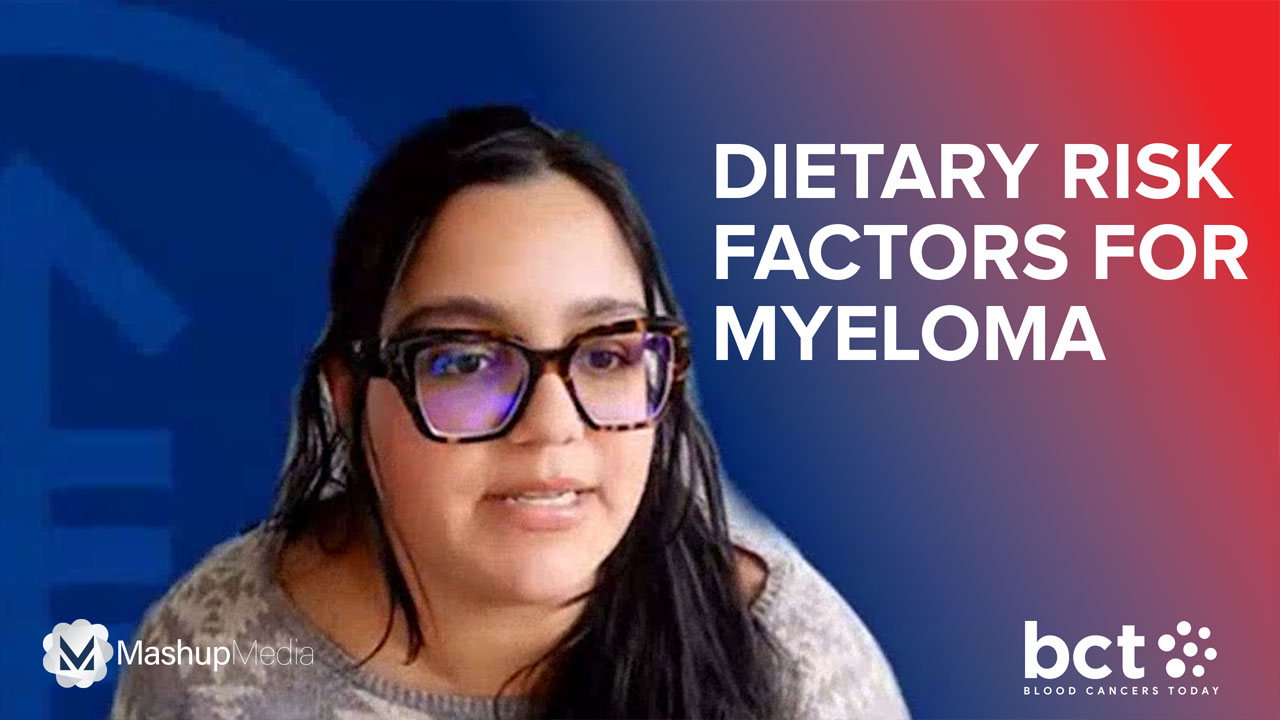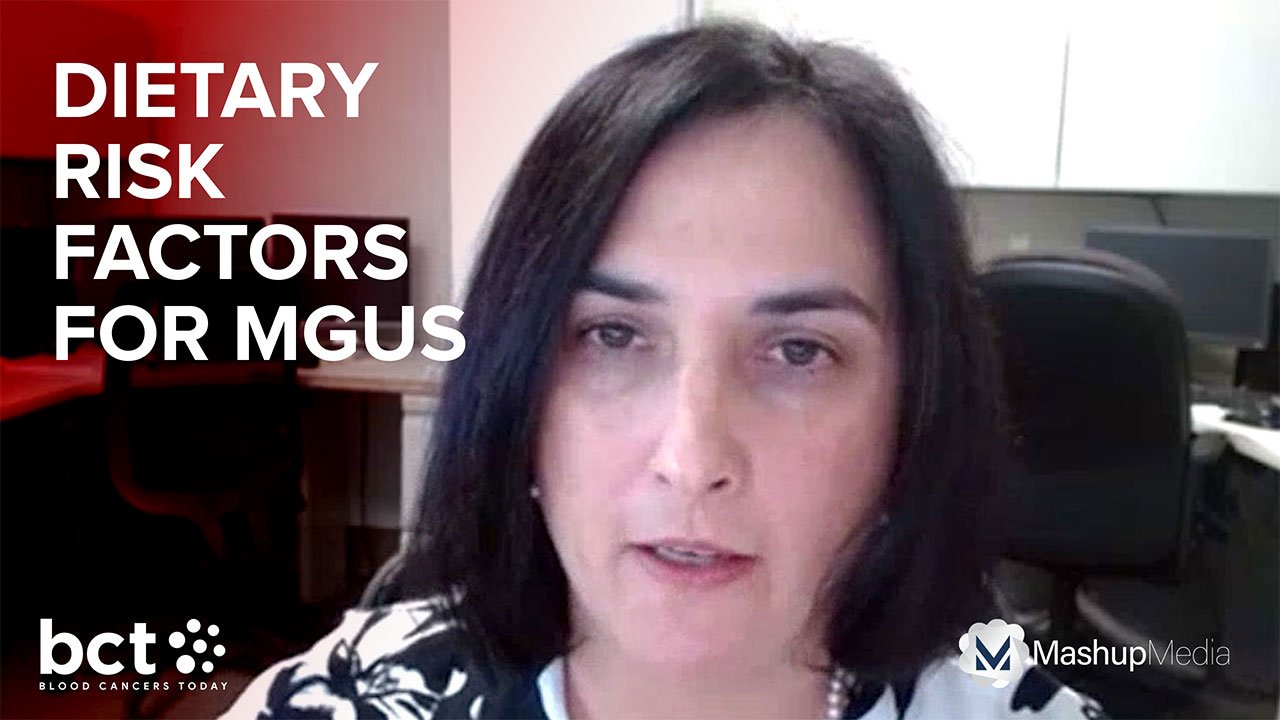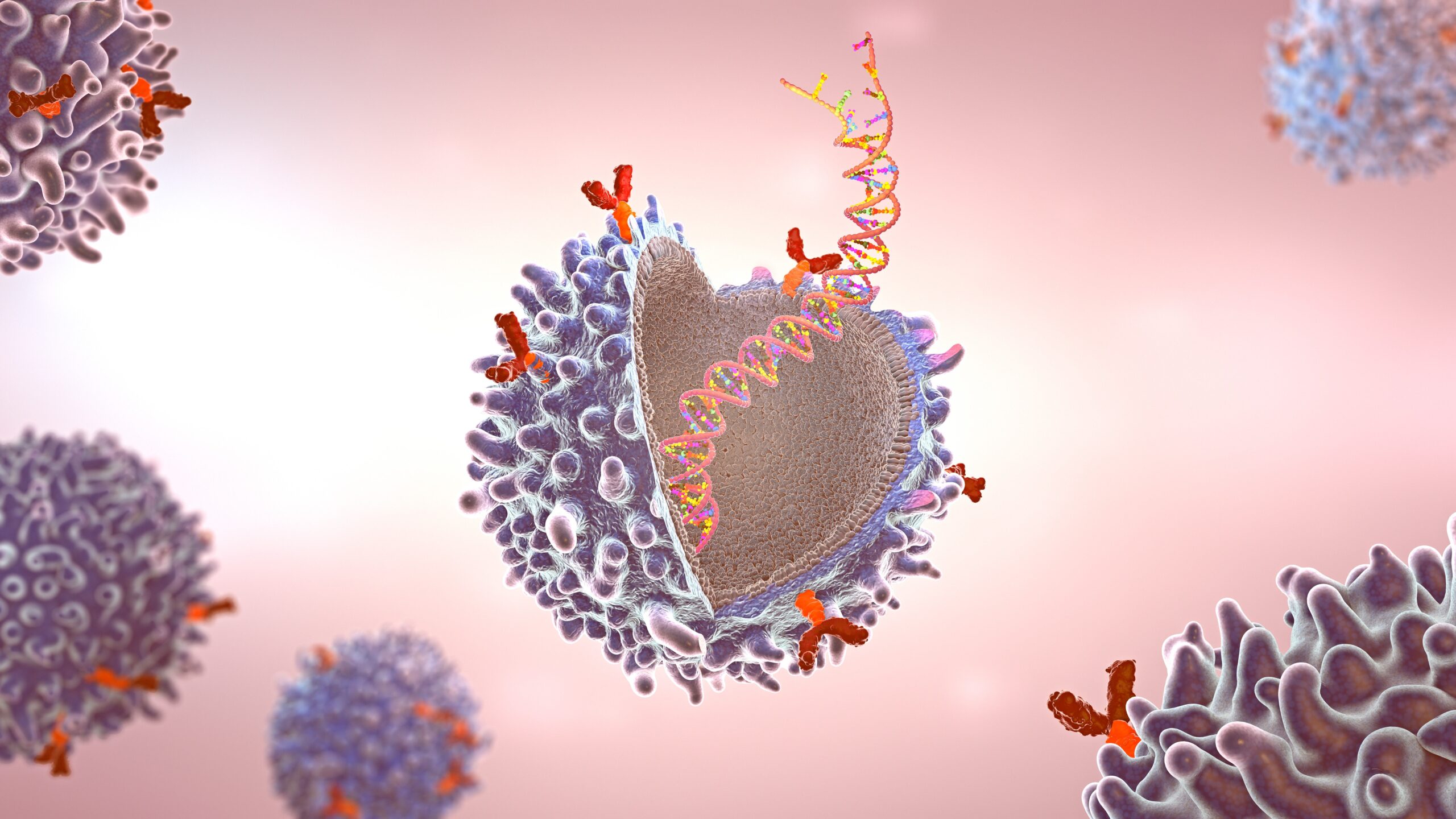Al-Ola Abdallah, MD, Discusses ASH Presentations on GLAMM, Other MM Data
By Al-Ola Abdallah, MD - Last Updated: December 12, 2023Al-Ola Abdallah, MD, the Plasma Cell Disorder Program Director at the University of Kansas, discusses some of the important data on multiple myeloma treatments he presented at the 65th American Society of Hematology Annual Meeting & Exposition, including chimeric antigen receptor (CAR) T cells and bispecifics.
“We had many presentations, and I want to highlight several important ones. One of them was the GLAMM study, which is global access to multiple myeloma medications…the first part actually focused on access to the newer treatments, the BCMA-directed therapies, which is CAR T cells—two of the drugs that got approved, cilta-cel and ide-cel—and teclistamab.”
Dr. Abdallah explained that the study contacted 95 oncologists across 33 countries and found a high degree of limited access, even in high-income countries. Reportedly, only 9% stated they had CAR T-cell therapies available, with bispecifics faring only slightly better at 23%.
“We thought that this is actually all related to the financial burden, or maybe local regulatory groups not approving it yet because there’s no major phase III trials that have been available. We would like to work with these agencies as a group in order to overcome these issues to get the treatments for the CAR T cell and the bispecifics available in the near future.”
Dr. Abdallah also described research on salvage therapy with the multiagent chemotherapy VD-PACE, which includes velcade, dexamethasone, cisplatin, adriamycin, cytotoxin, and etoposide.
“All these chemotherapies are treatments that have been used. Our study actually wanted to realize if there is any benefit of this type of regimen in the era of the daratumumab and CD38 monoclonal antibodies; especially now if it’s a more benign treatment, more tolerated, and more effective.”
Dr. Abdallah noted that, due to some toxicity profiles, the researchers were “more comfortable about using it for some specific situations such as a bridging therapy for CAR-T or for clinical trials.”
“Mainly, we recommend it if the patients have a high-burden disease that is acting very fast and causing more organ damage, mainly bulky extramedullary disease, [central nervous system] myeloma, or secondary plasma cell leukemia, as we believe this actually can improve the outcomes for patients who get the appropriate management after this bridging therapy.”






 © 2025 Mashup Media, LLC, a Formedics Property. All Rights Reserved.
© 2025 Mashup Media, LLC, a Formedics Property. All Rights Reserved.